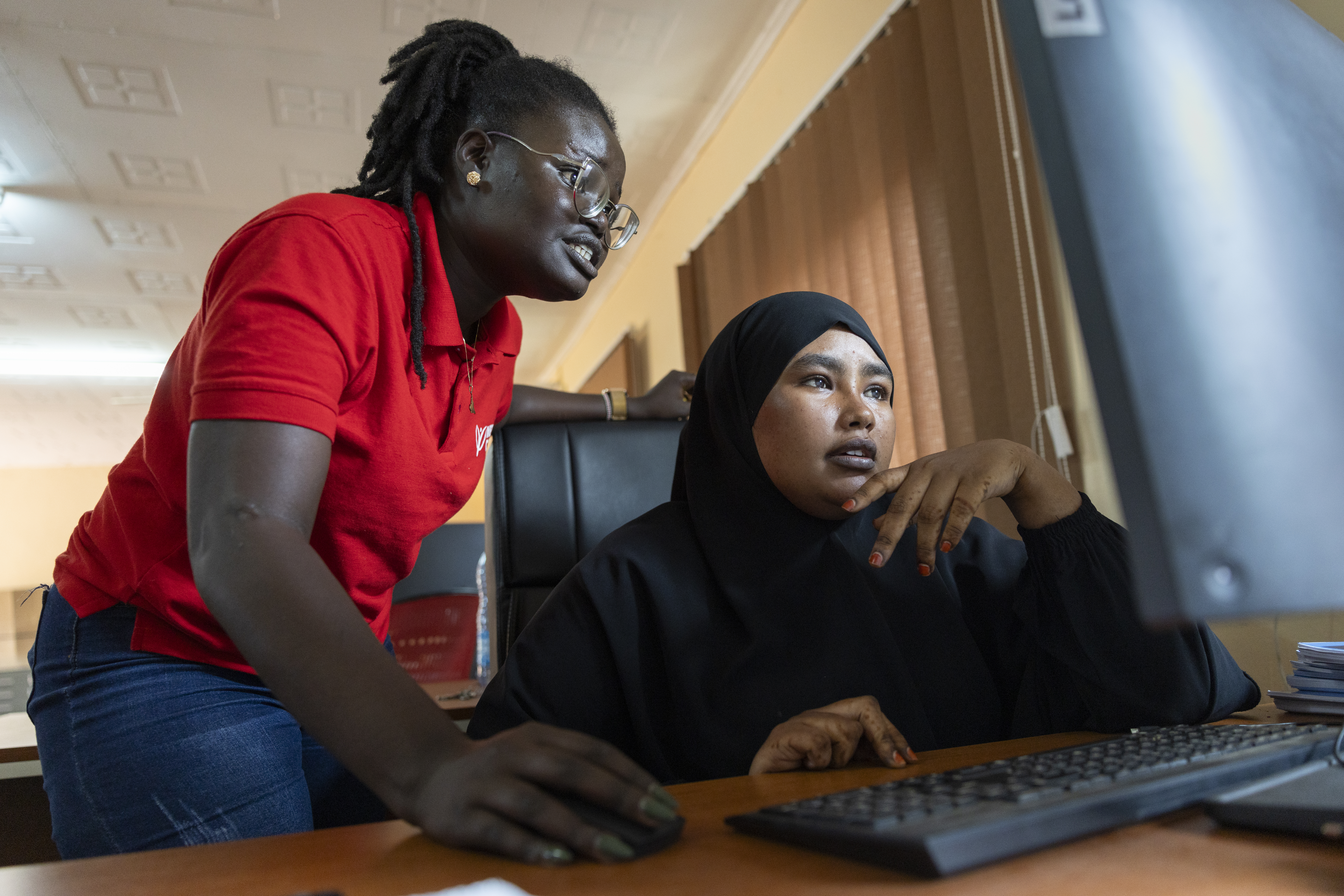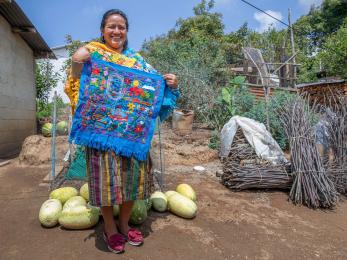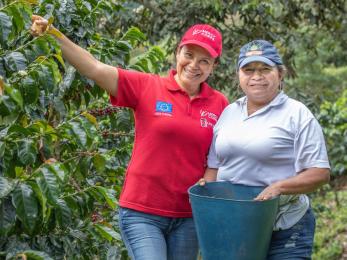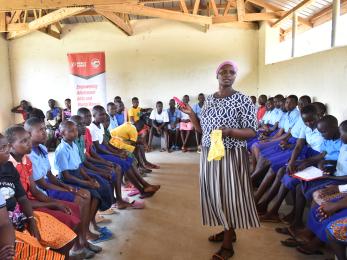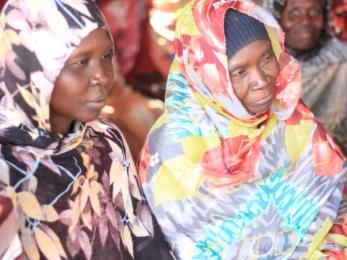Breadcrumb
Women and girls
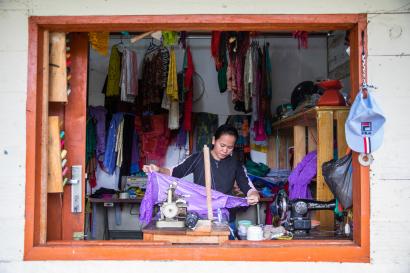
Women and girls are overrepresented among the extreme poor and are disproportionately affected by conflict and poverty. In two-thirds of countries, women are more likely to report food insecurity, and women and girls are 14 times more likely to die in a disaster.
Women play an essential role in creating stability, driving progress, and achieving long-term development goals. Investing in them is key to accelerating sustainable development. Providing women and girls access to economic, social, and political opportunities has a multiplier effect, positively impacting their wider community and country.
At the same time, we recognize that men and boys play key roles in supporting progress for women and girls. That's why we design strategies to create an enabling environment that helps women and girls thrive, and become recognized as central to their community's wellbeing. We believe that efforts to create secure, productive, and just communities result in more lasting, transformational change when everyone is engaged.
